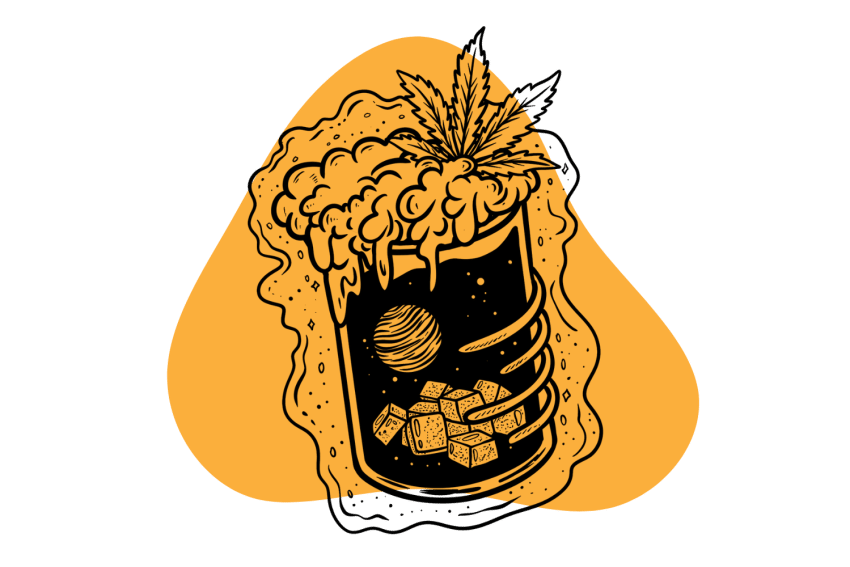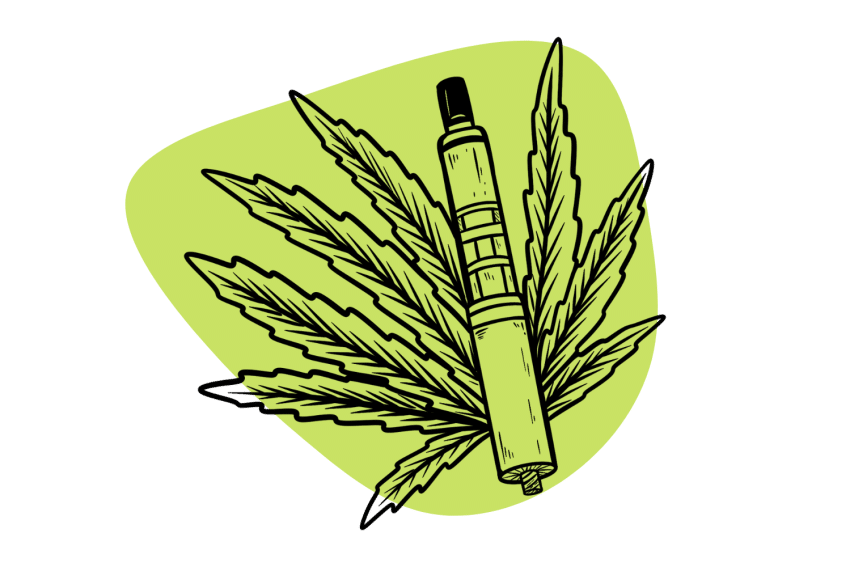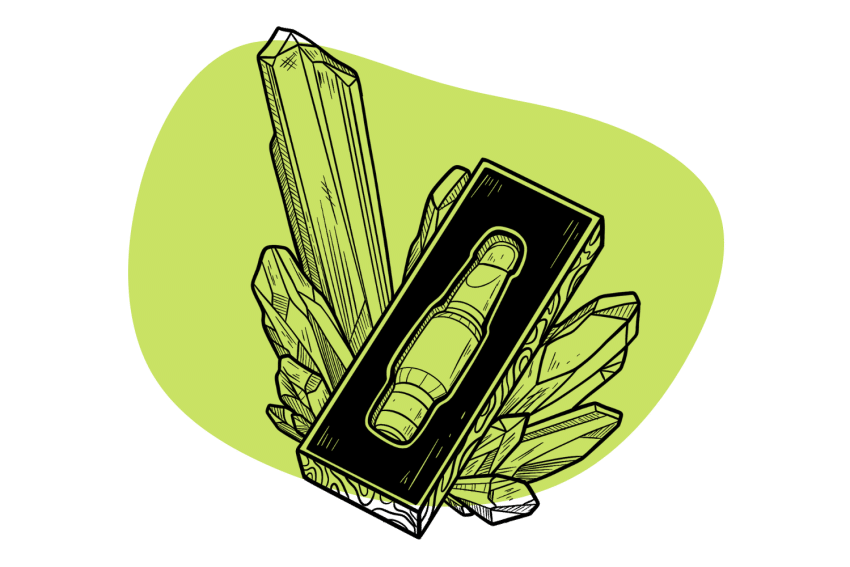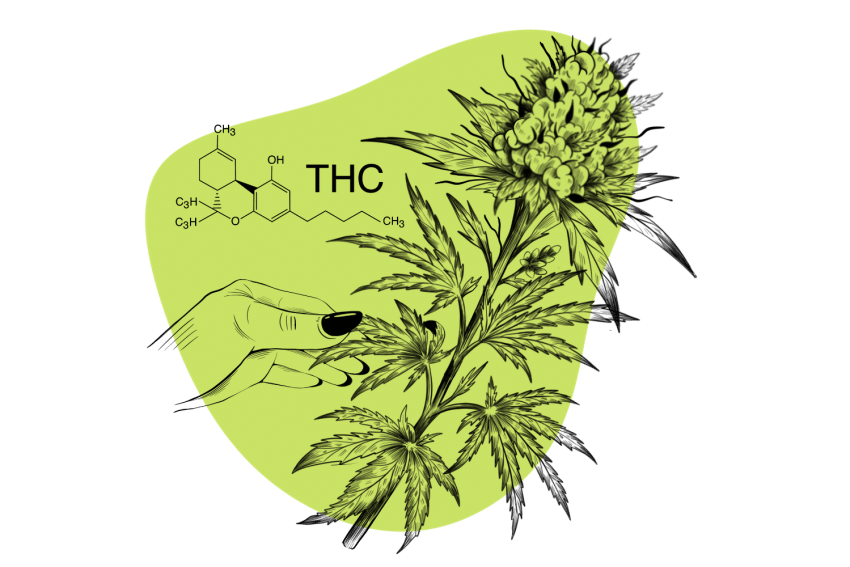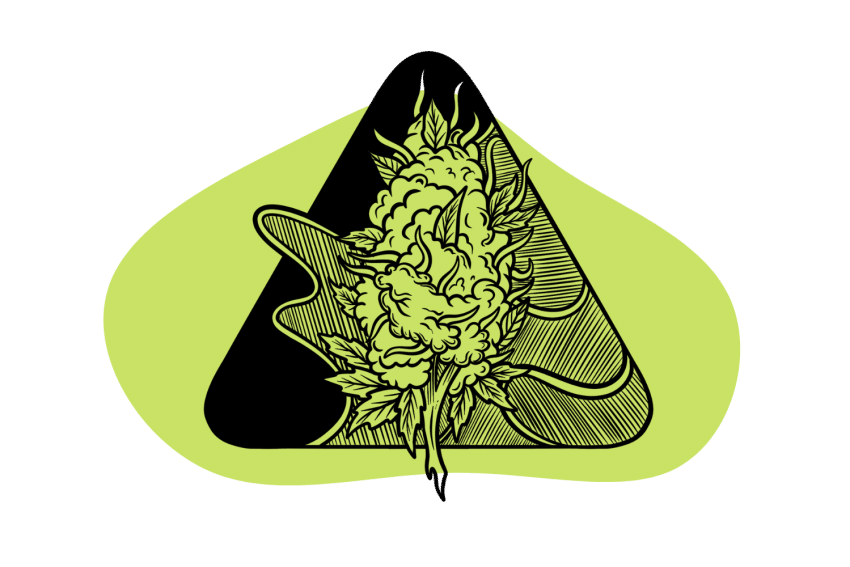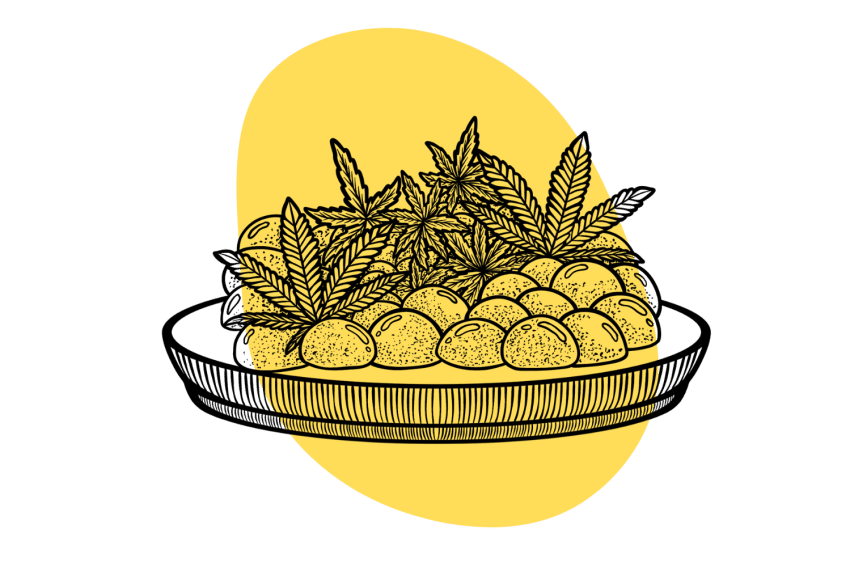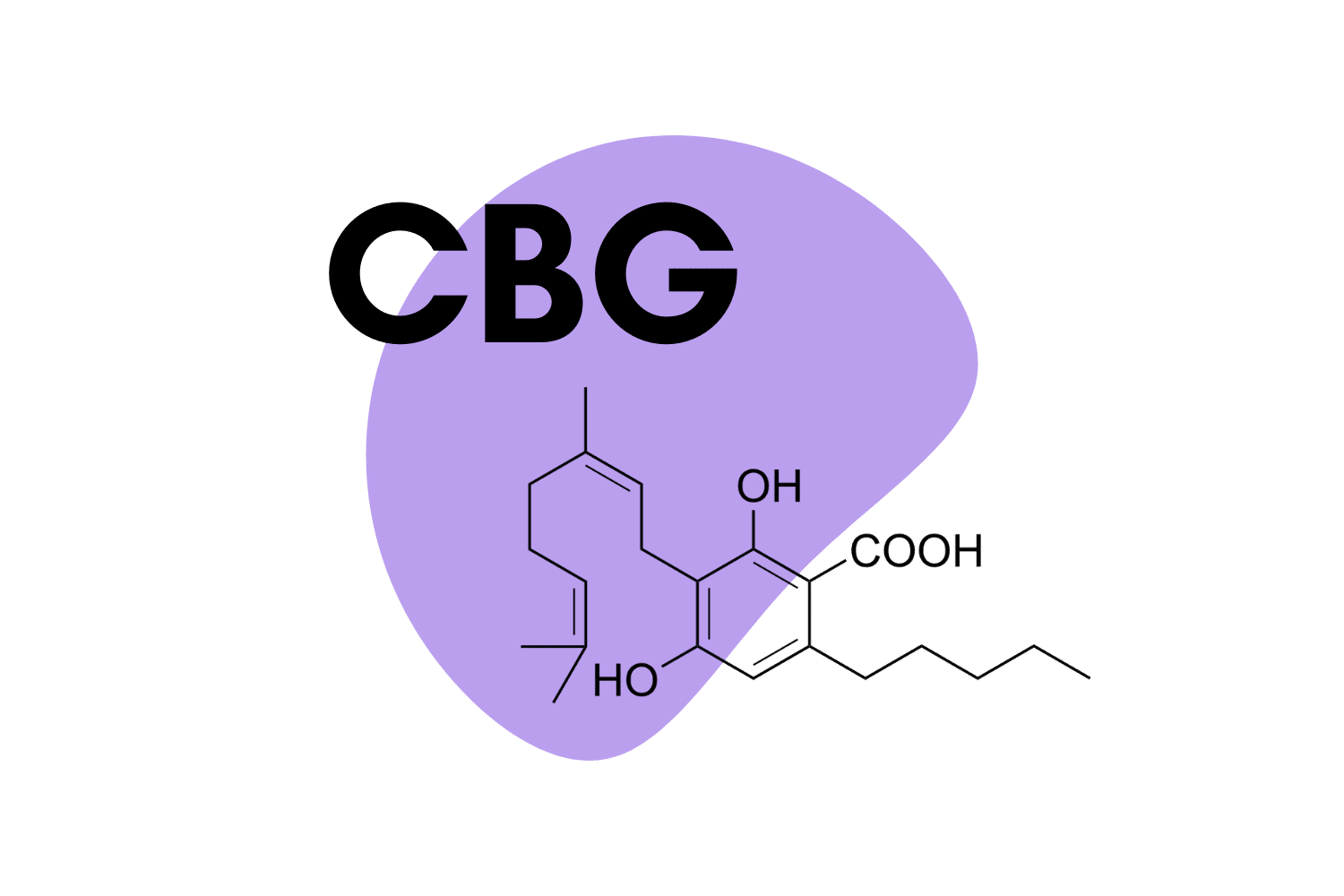Need to Detox from Weed? Here Are 4 Methods to Try
Need a quick detox? Here are the best ways to do it, along with other helpful things to know.
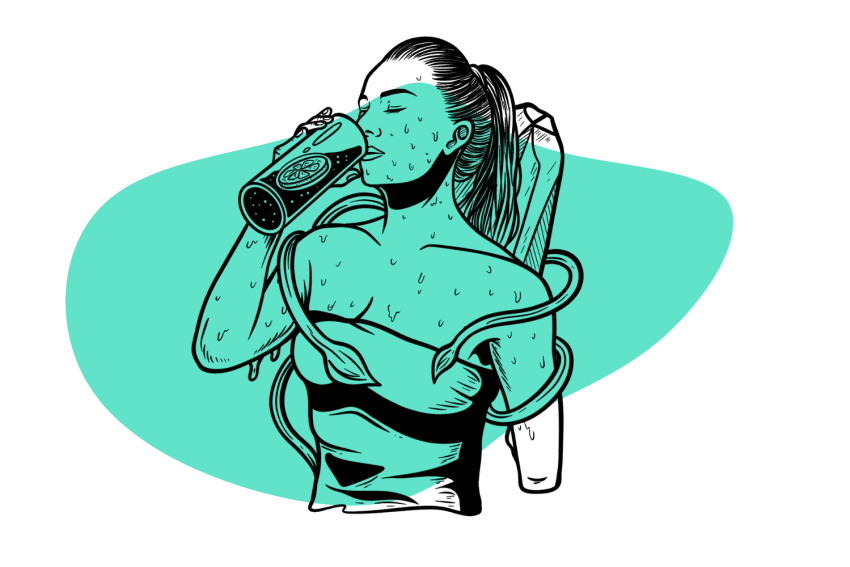
THC (tetrahydrocannabinol) — the active ingredient in marijuana — can saturate fat cells throughout the body, making detoxing quite a bit more challenging than other substances.
Don’t fret; there are ways to clear THC from the system more quickly, but it takes some discipline.
Here’s how it’s done.
Weed Detox: Fundamentals
Detoxing isn’t complicated — all methods aim to achieve the same things:
- Abstinence — Stop new intake of the substance immediately
- Increase Liver Metabolism — Take supplements that increase activity in the liver to speed up metabolism (detox).
- Increase Urination — Increase release of THC metabolites via the urine. Drink plenty of water along with diuretic teas or supplements.
- Promote Fat Burning — Exercise and mild stimulants help work stored THC out of the fat cells. Eat fewer calories than you burn.
1. Abstain from THC
The most straightforward way to detox from weed is to refrain from using THC products. If you’re applying for jobs, take time off from weed right away to give your body more time to flush it all out of the system.
It will be easier to pass a drug test if you anticipate it. If you’ve been smoking weed regularly, you might have only one week or a few days before the test. For chronic users, this may not be sufficient time to detox without significant outside help (diuretics, fat burning, stimulating liver detox, etc.)
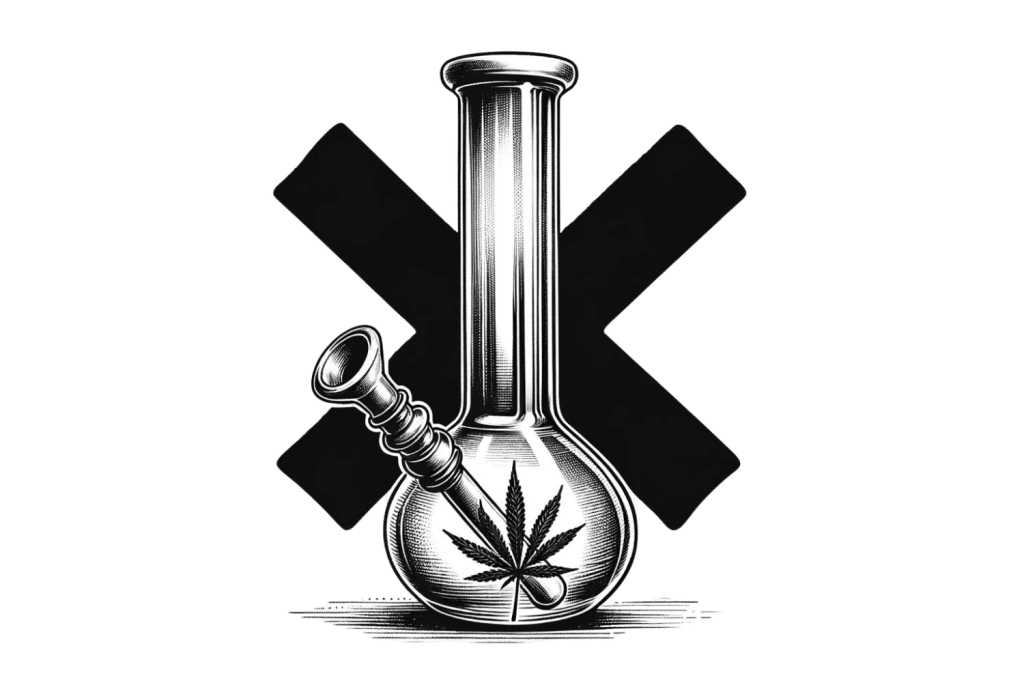
If you’re a casual user (less than twice per week) — you have a good chance to detox completely before the test simply by halting further consumption until after the test.
2. Increase Liver Detoxification With Supplements
The liver processes THC into 11-OH-THC. This metabolite is the compound most urine drug tests look for. By increasing the liver’s ability to convert THC to 11-OH-THC, you can eliminate it from the body more quickly — thus reducing the chances for it to show up on test day.
Many products are designed to help with this — usually in the form of detox drinks, powders, or capsules. Some examples include Rescue Detox, Detoxify Mega Clean, and QCarbo32.
Some herbal teas are good for this, too — such as milk thistle (Silybuym marianum), Stinging Nettle (Urtica dioica), dandelion (Taraxacum officinale), and peppermint (Mentha piperita).
Other herbs that promote detox include globe artichoke (Cynara scolymus), schizandra (Schizandra chinensis), and turmeric (Curcuma longa).
Chemical detox drinks are the least recommended method. They often work, but they take a toll on the body and can make the test look suspicious.
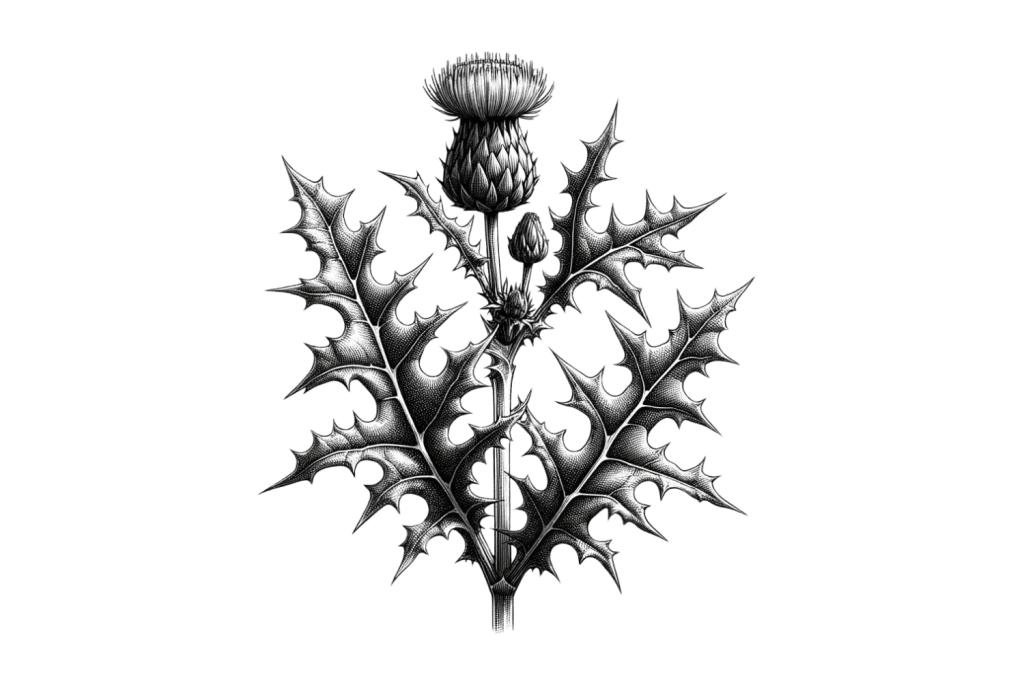
Flushing out your kidneys too aggressively can cause low specific gravity or density in your urine. They can also lower the amount of creatinine in your urine.
If you provide a sample with abnormal creatinine levels and low density, the testers can assume you’re attempting to cheat on your drug test. From there, it’s up to your potential employer to reschedule your test and give you a second chance.
There are plenty of cases where people go hard on a detox regimen, take the test, and while thinking they’re in the clear, celebrate with some marijuana. The next day, they show up to work and are asked for another test because the previous one was suspicious.
Busted!
The best method, if time permits, is to detox using natural methods like milk thistle, nettle, and dandelion teas.
3. Increase Urination
Drinking water frequently while detoxing is important for eliminating THC from the body. Water helps flush the 11-OH-THC from the bloodstream.
Diuretics are also helpful. These are substances that increase the frequency of urination. These, combined with plenty of water, are the best way to clear THC metabolites from the body more quickly.
Just don’t go too aggressive. Avoid drinking more than 600 mL per hour, as overhydration could produce severe health complications [1].
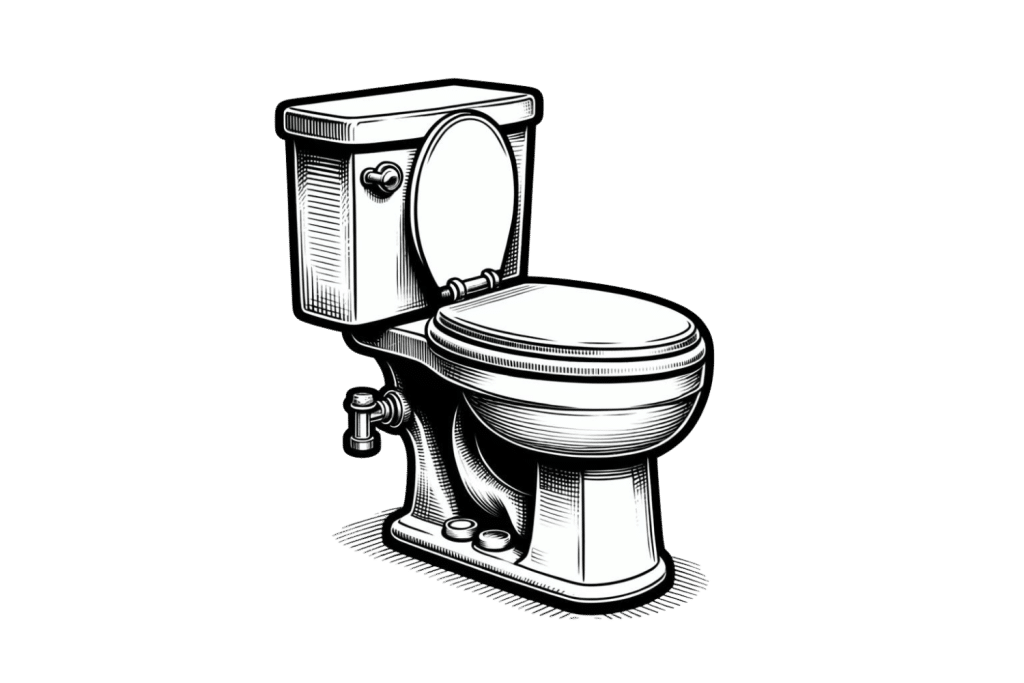
It’s best to overload on water for a few days before the test but slow down the day before. If you overdo it with water too soon to the test, it can make your pee too clear — which could make creatinine levels low enough for the testers to refuse your sample and request a second.
Some people take niacin the morning of the test to help add color to the urine.
4. Promote Fat Burning
THC is fat-soluble, which means it will accumulate in stored fat cells. This is more of an issue with people who smoke weed very often. Saturating the body with THC will cause some to stay in the fat cells.
This stored THC can slowly infuse back into the bloodstream and show up on a drug test. This can happen long after abstaining from weed (about 30 days).

A study by Alexander Wong demonstrated this with 14 regular cannabis users. Researchers collected blood samples before and after making the participants ride a stationary bike for 35 minutes. They found that physical exercise released dormant THC cells from their fat storage, increasing their blood THC levels [2].
Therefore, an important step during the detox process is to try and flush this stored THC from the fat cells. You can do this through conventional fat-loss programs — increased exercise (especially endurance exercises) and calorie reduction. You should consume fewer calories than you’re burning in preparation for the test.
How Long Does Weed Stay In Your System?
The amount of time weed stays in the system largely depends on how often you smoke.
People who rarely smoke weed will detox very quickly — usually within 36–48 hours without leaving any trace of THC.
People who smoke weed several times per week, for several weeks or months, will detox much more slowly (often exceeding 30 days).
Depending on how often you use weed, you’ll fall somewhere in between these two extremes.
Other factors that influence THC detox include:
- Genetics — differences in liver metabolism significantly affect one’s ability to filter chemicals like THC from the body.
- Size and weight — people with more fat will take longer due to THC’s ability to hide in fat cells.
- Age — Older generations detox more slowly than younger generations.
- Illness — liver or kidney disease can further slow THC elimination.
Cannabis Withdrawal Symptoms
Halting marijuana use at a moment’s notice can give you some withdrawal symptoms that you’ll need to manage. The severity of these symptoms will correlate with the amount of weed you’ve been using and the frequency at which you did.
Since gradually decreasing your usage isn’t an option when trying to pass a drug test, you’ll have to put in extra effort to avoid relapsing. However, improving your diet, exercising frequently, and staying hydrated will reduce cravings.
The most common symptoms associated with marijuana withdrawal include [3]:
- Irritability, anger, or aggression
- Nervousness or anxiety
- Trouble sleeping
- Decreased appetite or weight loss
- Restlessness
- Depressed mood
- Abdominal pain
- Shakiness/tremors
- Sweating
- Fever
- Chills
- Headaches
While these can be scary, marijuana withdrawal isn’t considered severe and shouldn’t have an adverse outcome. Although days 2 to 6 of abstinence can be challenging as symptoms peak, you should feel significantly better after a week without relapsing [4].
FAQs: Weed Detox
Here are a few more questions about detoxing, in case there’s more you need to know.

1. Can you speed up weed detox?
Detoxing from weed is mostly a waiting game, but staying hydrated and exercising regularly can help flush it out of your system faster. Remember, there’s no instant solution. Time and healthy habits are your best allies!
2. What happens if you get caught cheating on a drug test?
While cheating on a drug test could legally be considered fraud, you probably won’t get into legal trouble. However, it may ruin your chances of getting the job, make you lose your parole, or get disqualified from a sports competition.
3. Are detox teas effective?
Detox teas are diuretics and work similarly to most detox drinks. While they will make you urinate frequently, your urine’s creatinine levels may decrease considerably, signaling foul play to the testers so don’t go overboard.
References
- Sahay, M., & Sahay, R. (2014). Hyponatremia: A practical approach. Indian journal of endocrinology and metabolism, 18(6), 760.
- Wong, A., Montebello, M. E., Norberg, M. M., Rooney, K., Lintzeris, N., Bruno, R., … & McGregor, I. S. (2013). Exercise increases plasma THC concentrations in regular cannabis users. Drug and Alcohol Dependence, 133(2), 763-767.
- Patel, D. (2022). Cannabis use disorder. Addiction Medicine: A Case and Evidence-Based Guide, 33-40.
- Connor, J. P., Stjepanović, D., Budney, A. J., Le Foll, B., & Hall, W. D. (2022). Clinical management of cannabis withdrawal. Addiction, 117(7), 2075-2095.

